By Deanna Power
Applying for Social Security Disability Benefits with Epilepsy
If you’ve been diagnosed with epilepsy and are unable to manage the condition with treatment, you will know the strain it puts on a job. If you find yourself unable to work due to your epilepsy, there could be help available. The Social Security Administration (SSA) understands these hardships faced by thousands of families, and offers benefits for people with disabilities who can no longer work.
What Types of Benefits are Available?
The SSA offers two forms of benefits for adults with epilepsy. Medically qualifying for both programs will be exactly the same. Technically qualifying, however, will be different for each.
Social Security Disability Insurance (SSDI) is the more commonly utilized form of benefit. It is for adults who have worked throughout their lives. If you have not worked at a tax-paying job within the past five years, you will not qualify for SSDI benefits.
SSDI recipients are eligible for Medicare 24 months after their disability began. This is NOT 24 months after benefits start. For example, if you were diagnosed and suffered from epilepsy for two years before applying for benefits, you would automatically be enrolled onto Medicare after approval.
Supplemental Security Income (SSI) is the second form of disability benefits. It is only for people with a serious financial need. If you have a high amount of saved income, or if you have a high-earning spouse, you will not qualify for SSI benefits.
After approval, SSI recipients are automatically enrolled into Medicaid in most states. In some states, you will need to fill out a separate application.
How do I Medically Qualify with Epilepsy?
Whenever someone with a diagnosed disability applies for benefits, the SSA will evaluate the application by using the Blue Book. The Blue Book is the SSA’s medical guide. It lists hundreds of disabilities that can qualify for benefits, plus the symptoms or test results that an applicant needs to be approved.
Epilepsy is listed in Section 11.01 of the Blue Book. There are two forms of epilepsy listed: Convulsive (grand mal or psychomotor), and nonconvulsive (petit mal, psychomotor, or focal).
For convulsive epilepsy, you will need to show that you’ve experienced a seizure pattern at least once a month despite using your prescribed treatments for at least three months. The seizure must either:
- Be a daytime episode which causes a loss of consciousness and convulsive seizures OR
- Be a nighttime episode with residual effects that affect your daily living.
For nonconvulsive epilepsy, you’ll need to have medical evidence that shows that you have a seizure pattern at least once a week despite at least three months of prescribed treatment.
Medically Qualifying Without Meeting the Blue Book’s Listing
If you have epilepsy that affects your ability to work but cannot meet the exact Blue Book listing, you could still medically qualify for benefits. You will need to have your doctor complete a residual functional capacity (RFC) evaluation on your behalf.
An RFC is a questionnaire that looks at your ability to complete daily duties, such as self-grooming, cooking, taking public transportation or driving, and concentrating on tasks. If your RFC shows that you cannot work at any job that you are qualified for, you can be approved for disability benefits.
How to Apply for Disability Benefits with Epilepsy
Whether you are applying for SSDI or SSI, your first step should always be the SSA’s Adult Disability Starter Kit. This online resource will outline exactly what you will need to apply.
If you are applying for SSDI benefits, you can complete the entire application online. If you are applying for SSI benefits, you can start the application online, but you will need to finish the application with an interview at your local SSA office. There are 1300 locations nationwide. If you are unable to drive to arrange a ride to your closest SSA office due to your epilepsy, you can schedule a video interview.
It takes around 5 months to be approved after initially applying. The average initial approval rate nationwide is only about 65%, but this will be higher for people with disabilities listed in the Blue Book such as epilepsy. With strong medical evidence, you will have a good chance of being approved quickly.



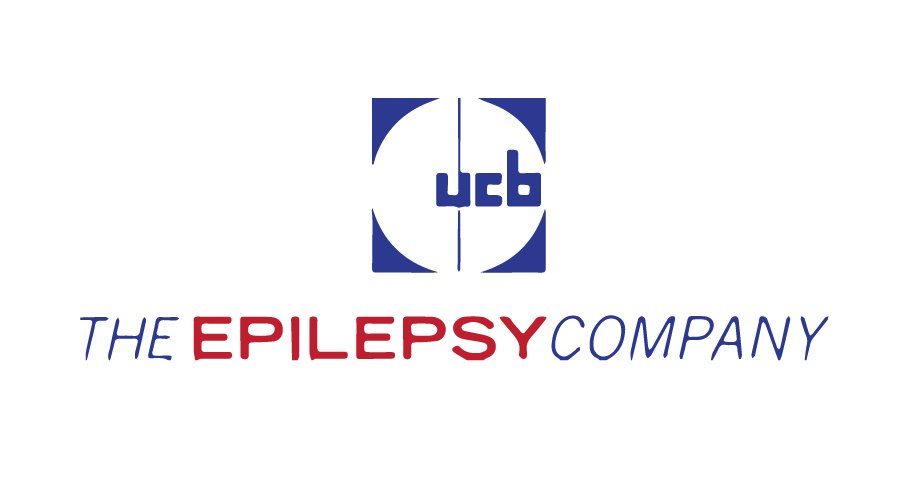





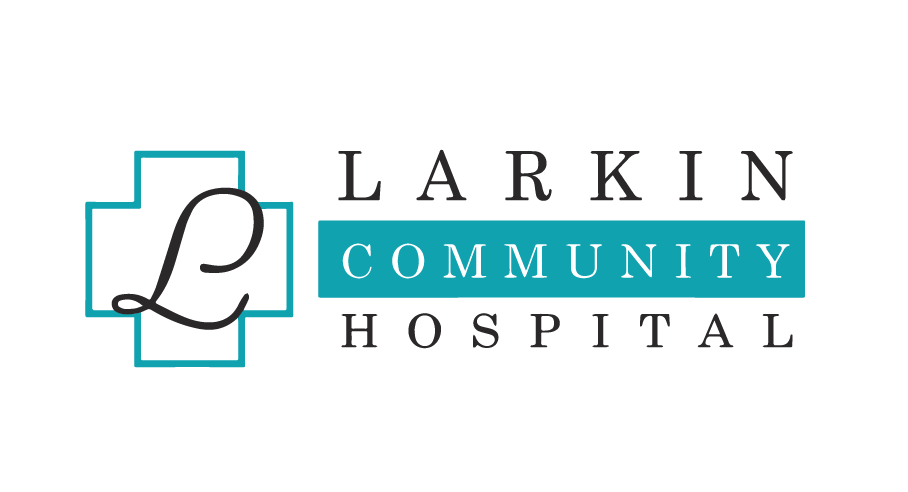







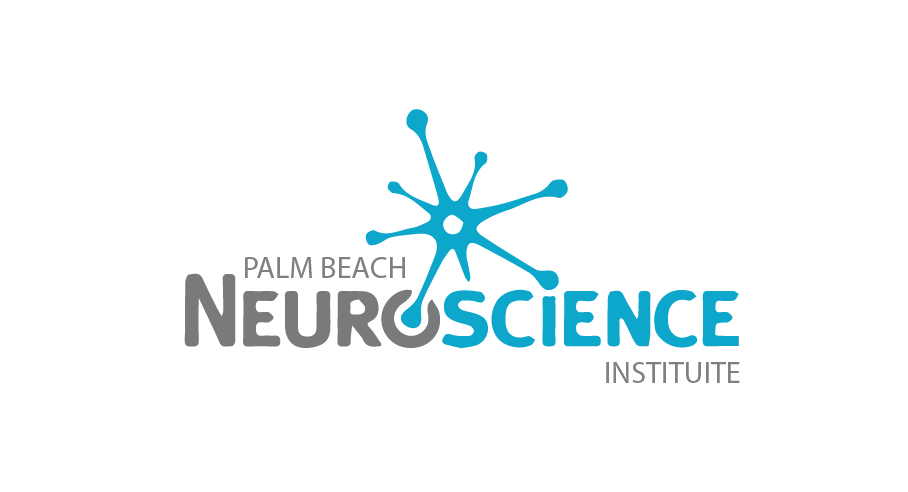



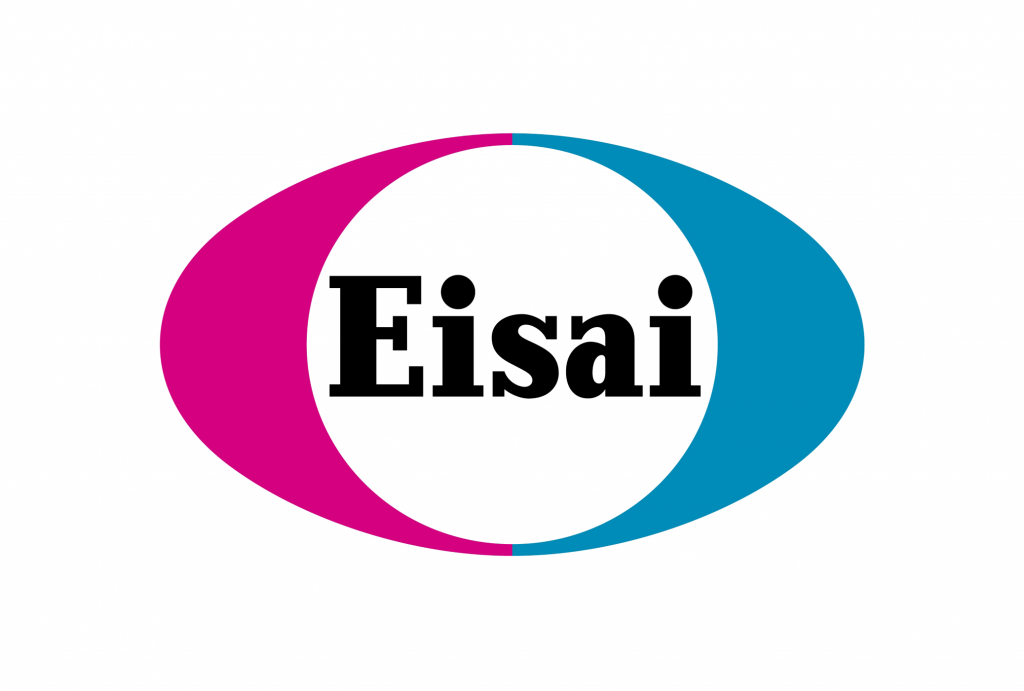

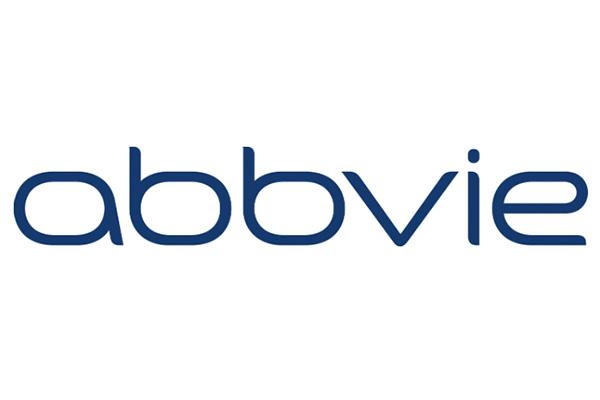
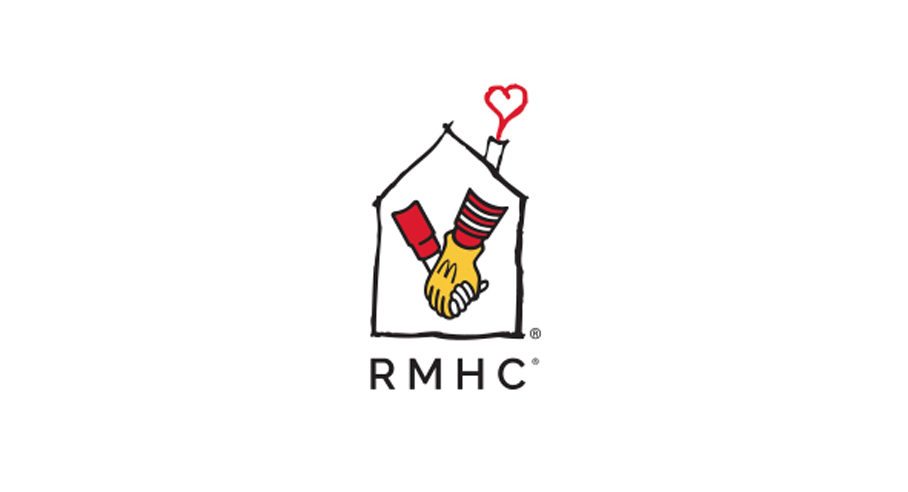
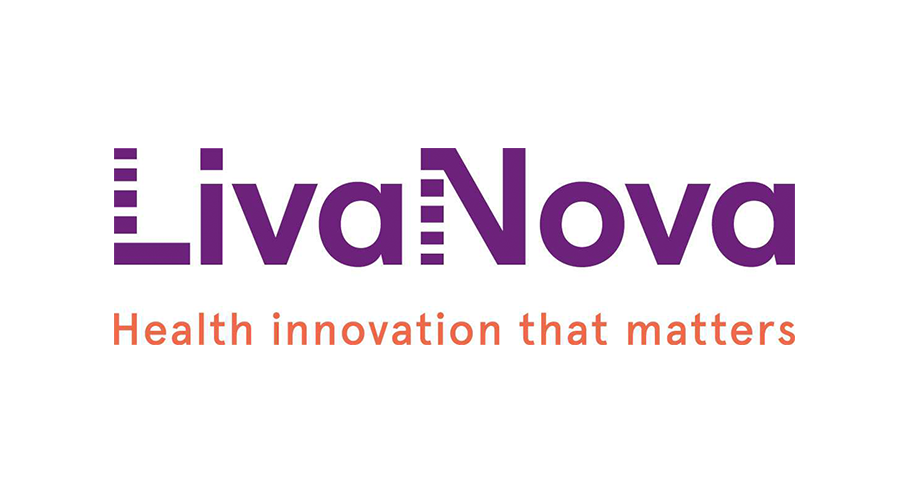

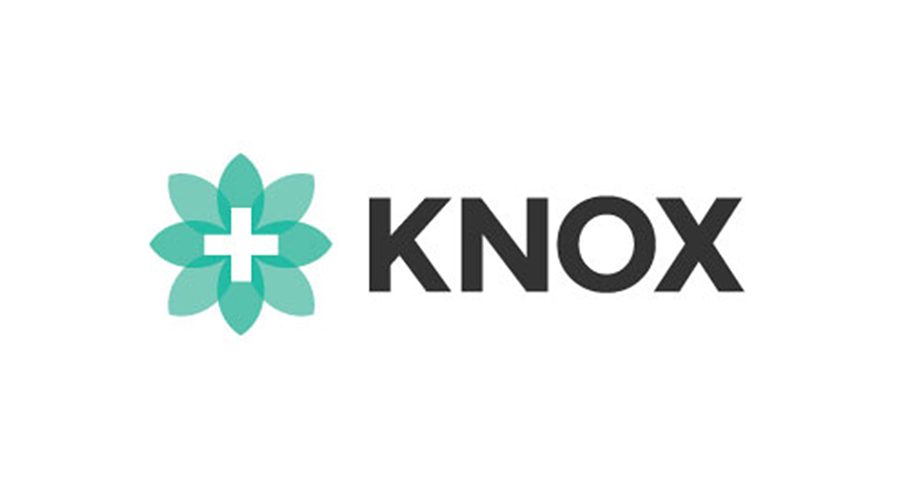

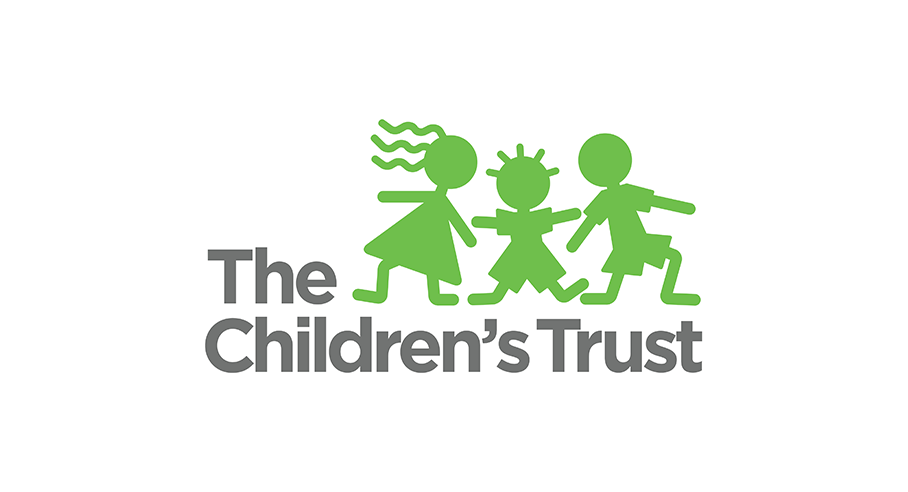






Post a comment